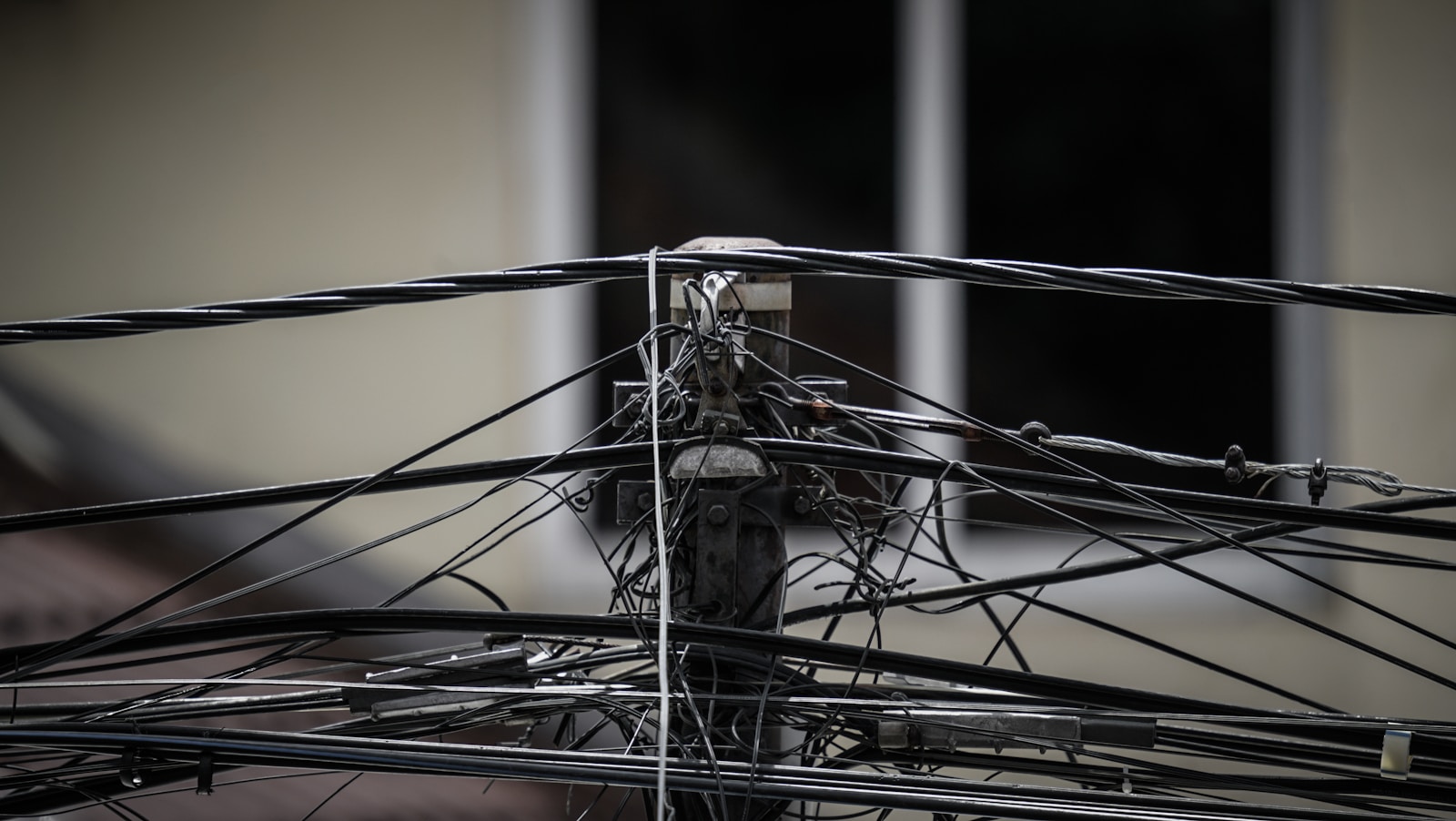In today’s technologically advanced world, cable assemblies are vital components used across industries such as automotive, aerospace, telecommunications, medical devices, and industrial equipment. A cable assemblies manufacturer plays a crucial role in ensuring connectivity, reliability, and safety. Choosing the right manufacturer can significantly affect the performance and longevity of the final product. This essay outlines key factors to consider when seeking a good cable assembly manufacturer, ensuring you make an informed and beneficial partnership.
1. Understand Your Requirements
Before beginning your search, it is essential to have a clear understanding of your specific needs. Determine the type of cable assembly required, such as coaxial, ribbon, molded, or custom assemblies. Consider factors like voltage, temperature tolerance, flexibility, size, shielding needs, and environmental conditions. Knowing these details will help you filter out manufacturers who specialize in your required category and meet your technical specifications.
2. Evaluate Industry Experience and Expertise
A manufacturer with extensive experience is more likely to deliver quality products consistently. Look for companies that have been in the industry for several years and have a proven track record. Industry-specific experience is also valuable. For example, if you are in the medical field, a manufacturer with experience in medical-grade assemblies will understand the importance of precision, sterilization, and regulatory compliance.
3. Check for Certifications and Compliance
Reputable cable assembly manufacturers adhere to recognized industry standards. Certifications such as ISO 9001 (quality management), IPC/WHMA-A-620 (cable and wire harness assembly requirements), and UL (Underwriters Laboratories) listings indicate a commitment to quality and safety. For certain industries, compliance with RoHS (Restriction of Hazardous Substances) and REACH regulations is also crucial. These certifications reflect the manufacturer’s dedication to maintaining high production standards and environmental responsibility.
4. Assess Manufacturing Capabilities and Technology
A good manufacturer should have modern equipment and up-to-date technologies that enable efficient, high-precision production. Visit their facility if possible or request a virtual tour to understand their manufacturing capabilities. Check whether they offer services such as prototyping, design assistance, testing, and volume production. The ability to scale up and handle complex projects indicates flexibility and reliability.
5. Review Quality Control Processes
Quality control is essential in preventing defects and ensuring that every cable assembly meets design specifications. Inquire about their testing protocols — do they perform continuity testing, high-pot testing, or environmental stress screening? A good manufacturer will have thorough inspection and testing procedures in place, with traceable records to ensure accountability and product reliability.
6. Request Samples and References
Requesting product samples can give you a firsthand understanding of the manufacturer’s workmanship and attention to detail. Additionally, ask for client references or case studies. Speaking with existing customers can reveal insights about the company’s responsiveness, consistency, delivery times, and problem-solving approach.
7. Evaluate Communication and Customer Support
Effective communication is a cornerstone of any successful business relationship. Choose a manufacturer that listens to your needs, responds promptly to inquiries, and provides clear timelines. A dedicated account manager or customer support team can greatly ease coordination, especially during complex or time-sensitive projects.
8. Compare Pricing and Value
While cost is an important factor, the cheapest option is not always the best. Consider the overall value — including quality, service, reliability, and after-sales support. A slightly higher upfront cost can be justified if it reduces the risk of product failure or delivery delays in the long run.
Finding a good cable assembly manufacturer requires careful research and evaluation. By clearly understanding your needs and thoroughly assessing potential partners based on experience, certifications, capabilities, quality assurance, and customer service, you can establish a reliable, long-term partnership. Investing time in selecting the right manufacturer not only ensures the quality and efficiency of your products but also contributes to the success and reputation of your business.
